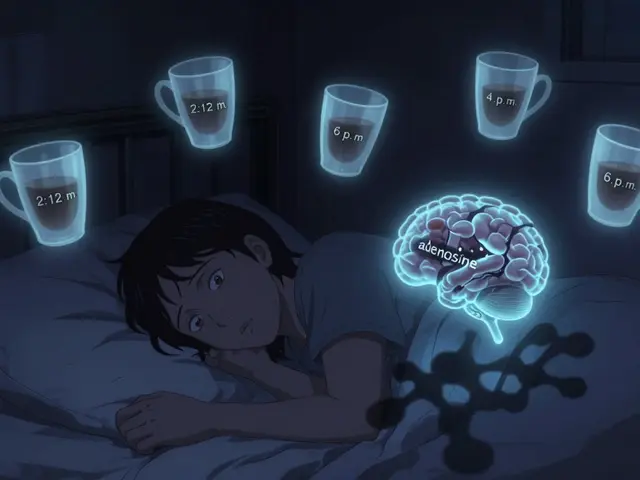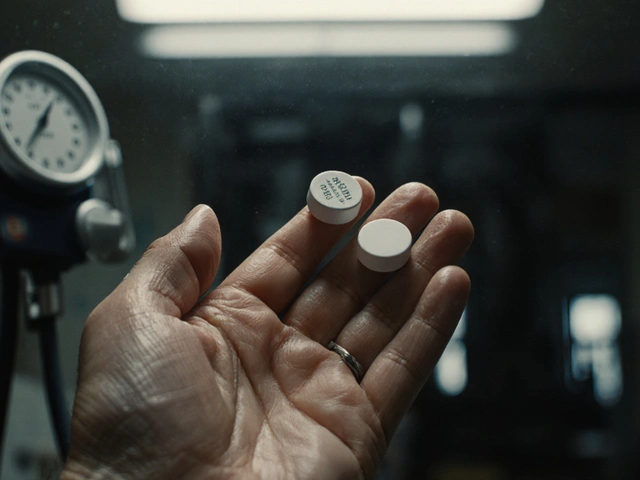Understanding Central Cranial Diabetes Insipidus
Central cranial diabetes insipidus is a rare condition that involves an imbalance in the body's water and salt levels. This imbalance is caused by a lack of the hormone vasopressin, which helps the kidneys to reabsorb water back into the bloodstream. Without enough vasopressin, the kidneys remove too much water from the body, leading to excessive thirst and urination. In this section, we will discuss the causes and symptoms of this condition to help you better understand it.
Causes of Central Cranial Diabetes Insipidus
The primary cause of central cranial diabetes insipidus is damage to the hypothalamus or pituitary gland, which are responsible for producing and storing vasopressin. This damage can occur due to a brain tumor, surgery, infection, or even a head injury. It's crucial to identify the root cause of the condition to guide treatment and management strategies effectively.
Recognizing the Symptoms
The most common symptoms of central cranial diabetes insipidus are intense thirst and frequent urination. You might also experience dehydration, fatigue, and unexplained weight loss. It's essential to recognize these symptoms early on as they can lead to serious complications if left untreated.
Differential Diagnosis
Central cranial diabetes insipidus can often be confused with other conditions that cause excessive thirst and urination, such as diabetes mellitus. It's important to differentiate between these conditions to ensure the correct diagnosis and treatment. In this section, we will discuss the differences between diabetes insipidus and other similar conditions.
Diagnostic Tests for Central Cranial Diabetes Insipidus
There are several tests used to diagnose central cranial diabetes insipidus. These include urine tests, blood tests, water deprivation tests, and MRI scans. Each of these tests provides valuable information that helps doctors confirm the diagnosis and identify the underlying cause of the condition.
Understanding the Water Deprivation Test
The water deprivation test is one of the most common and effective tests used to diagnose central cranial diabetes insipidus. This test involves restricting fluid intake for a certain period and then measuring the concentration of urine and blood. If the body is unable to concentrate urine despite fluid deprivation, this could be indicative of diabetes insipidus.
MRI Scans in Diagnosing Central Cranial Diabetes Insipidus
Magnetic resonance imaging (MRI) scans are another crucial diagnostic tool in diagnosing central cranial diabetes insipidus. An MRI scan can provide detailed images of the brain, specifically the hypothalamus and pituitary gland, and can help identify any abnormalities or damage that might be causing the condition.
Future Advances in Diagnosis and Treatment
While the current diagnostic tests and treatment methods for central cranial diabetes insipidus are effective, research is ongoing to develop even more advanced techniques. These could potentially lead to earlier and more accurate diagnoses, as well as more effective treatments. In this section, we will discuss some of the potential future advances in the diagnosis and treatment of central cranial diabetes insipidus.





Carl Lyday
July 27, 2023 at 08:21
I've seen this in my neurology rotation - the water deprivation test is brutal but so telling. Patients get so dehydrated you can see it in their eyes. The key is monitoring serum osmolality and urine output like a hawk. If you're not doing both, you're missing half the picture.
Also, don't forget to check for pituitary stalk thickening on MRI - that's often the smoking gun when there's no tumor.